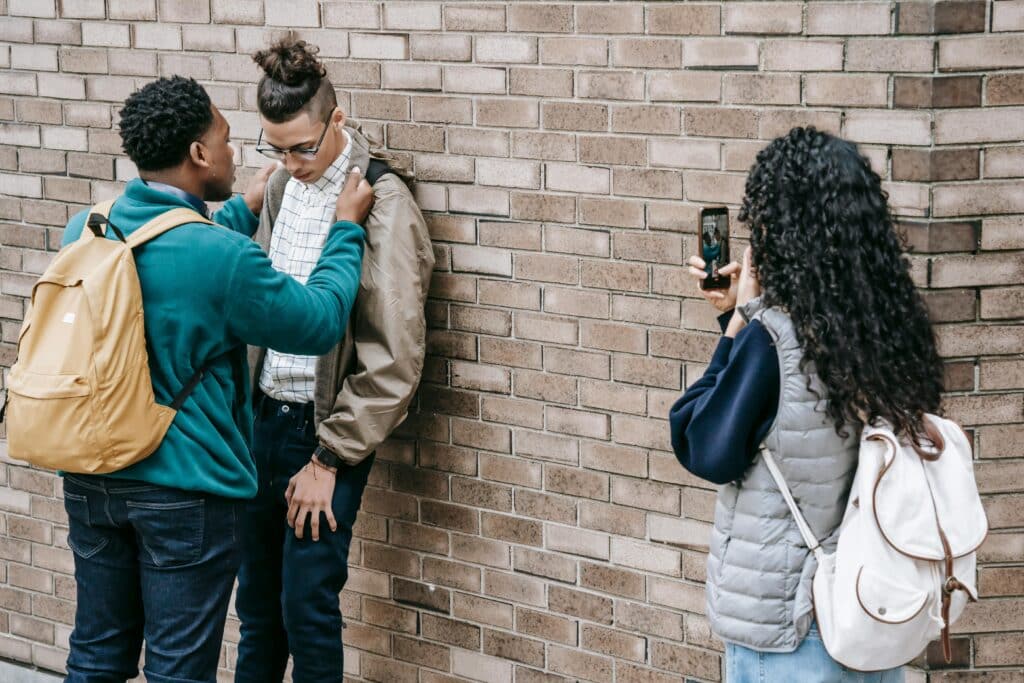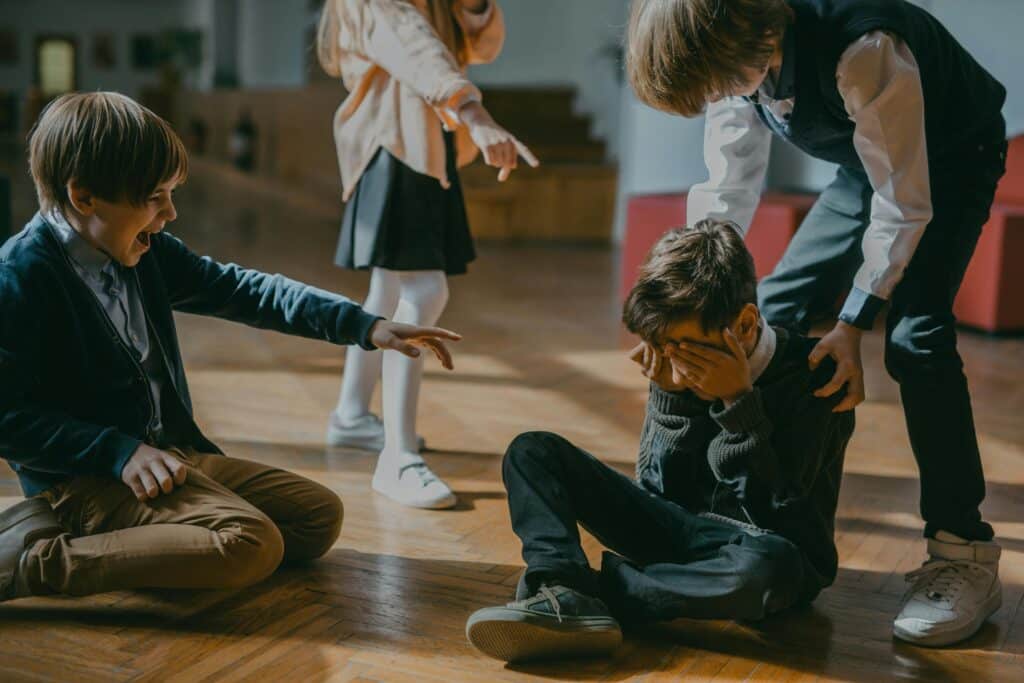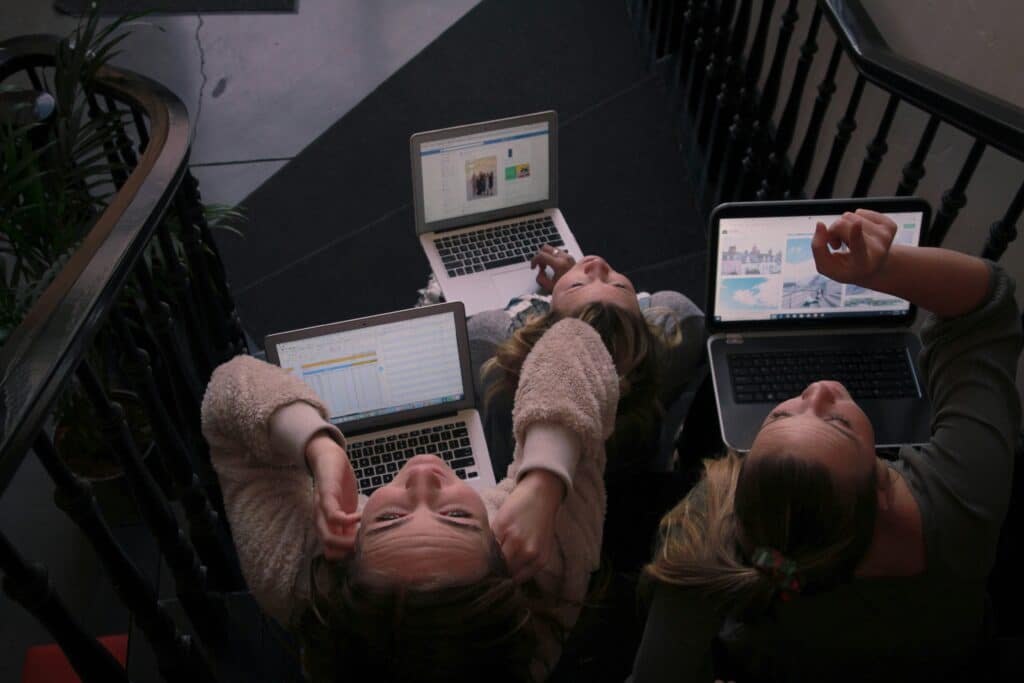Cyberbullying is when someone uses the internet, text messaging, instant messaging, or social media to hurt or pick on others. This kind of bullying can happen through a smartphone, computer, or mobile phone. Many kids today face bullying online, and it can cause big problems in their lives. In this article, you’ll learn how cyberbullying effects show up in a child’s behavior, feelings, and health.

What Is Cyberbullying?
Cyberbullying is a kind of harassment that happens online. It can include:
- Mean comments or messages
- Doxing (sharing private information without permission)
- Sharing photos or videos without consent
- Sexting or sending private messages or images
- Spreading misinformation or lies
- Cyberstalking or watching someone online to scare them
Kids often face this from people in their peer group, at school, or even strangers. Sadly, many kids don’t tell a parent, caregiver, or school counselor when it happens.
Nashville Mental Health
How Common Is Cyberbullying?
Statistics show that cyberbullying is becoming more common. A systematic review of different studies showed that more than 1 in 3 youth experience some kind of online victimisation. Girls often report higher rates of bullying, showing how gender plays a role in online violence and abuse.
Data from schools and health centers also tells us that kids who are bullied online have more headache, insomnia, and stress than those who are not.
Emotional and Mental Health Effects
One of the biggest cyberbullying effects is how it makes kids feel. Kids may feel:
- Sadness
- Anger
- Fear
- Loneliness
- Depression
- Low self-esteem
Some children even think about hurting themselves, also known as suicidal ideation. That’s why suicide prevention is so important in schools and communities.
Cyberbullying can change a child’s mood, behavior, and how they see their online identity. When someone is bullied, they might not want to go to school or hang out with friends.

How Cyberbullying Affects School and Learning
When kids are bullied, their academic achievement may go down. They might have trouble focusing or doing homework. They may skip school or fall behind in class. This can hurt their future and their dreams.
Teachers and school counselors should talk to kids about bullying. Schools should have strong policy and support systems to help victims.
Physical Health Effects
Cyberbullying can even hurt a child’s body. Many kids have:
- Insomnia (trouble sleeping)
- Headaches
- Stomachaches
- Feeling sick or tired all the time
These signs might be linked to stress, worry, and fear caused by bullying. Some may also turn to alcohol, substance abuse, or drug use to try to feel better. These choices can lead to addiction and disease later in life.
Behavior Changes
A bullied child might act out in anger or try to hide what’s going on. You might see them:
- Spending too much time on their computer or smartphone
- Suddenly avoiding the internet or social media
- Acting nervous when getting messages
- Being more quiet or more aggressive
It’s important for parents, caregivers, and adults to watch for these signs and talk openly with kids.
Risk Factors: Who Is Most at Risk?
Anyone can be bullied online, but some kids are more at risk. Some research shows that kids with lower socioeconomic status, different religion, or different language are often targeted.
Kids who are shy or who don’t have a big peer group may also be at higher risk.
What Can Parents and Schools Do?
1. Use Parental Controls
These tools can help block bad content and limit who can message your child.
2. Talk Often
Ask your child how their day was. Talk about what they do online and who they talk to.
3. Teach Empathy
Teach kids to care about others’ feelings. Kids who understand empathy are less likely to bully.
Nashville Mental Health
4. Watch for Signs
If your child seems upset, don’t ignore it. Ask questions and offer help.
5. Work With Schools
Teachers, principals, and school counselors can help stop bullying. Schools should teach kids about safe technology use.
What the Law Says
In many places, there are laws against cyberbullying. Some types of online harassment, stalking, or threats are crime.
If your child is being bullied, save the messages. Report them to the school or even the police if needed.
How Kids Can Stay Safe Online
- Don’t share private information
- Only talk to people you know
- Don’t reply to mean messages
- Block bullies and tell an adult
- Use privacy settings on social media
- Never send private photos (sexting is dangerous and often illegal)
How Communities Can Help
Stopping cyberbullying is a job for everyone. Parents, teachers, kids, and even social media companies need to work together. Communities can:
- Share helpful information
- Create support groups
- Teach suicide prevention
- Make strong policy rules
- Raise awareness with videos, pdf handouts, and talks
Adults can be role models by using kind language online and teaching kids to do the same.

FAQs About Cyberbullying Effects
1. What are the signs that my child is being cyberbullied?
Watch for changes like sadness, not wanting to go to school, acting angry, or hiding their phone. Trouble sleeping and headaches are also signs.
2. Can cyberbullying cause long-term harm?
Yes. Kids can face depression, insomnia, substance abuse, and even thoughts of suicide. These effects may last into adulthood if not addressed.
3. What can schools do to stop cyberbullying?
Schools can teach digital safety, enforce anti-bullying policy, and have school counselors ready to help. Working with parents is also key.
4. How do parental controls help?
Parental controls limit who your child talks to and what they see online. They help stop bullies before harm is done.
5. What should I do if my child is being bullied online?
Save the messages, block the bully, report it to the school, and talk to your child. If it’s serious, contact the police. Show them love and support. Contact us today or visit SAMHSA for more information.
Nashville Mental Health
Final Thoughts
Cyberbullying is serious. It can hurt a child’s health, behavior, and future. It causes sadness, fear, and even suicidal ideation. Kids need strong support from parents, school, and the community. By learning the cyberbullying effects, we can stop the harm and build a safer world for every child.









